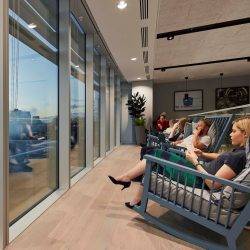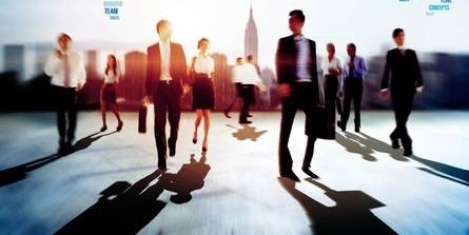January 17, 2017
Third of working mothers rely on school breakfast clubs to keep their jobs 0
 Nearly 60 per cent of parents rank breakfast clubs as ‘very important’ for their families survival and routine; and a third of working British mothers say they would have to give up work if they weren’t available, claims a new report. The Kellogg’s study ‘The Parent’s Lifeline’, which looks into the role school breakfast clubs play in the lives of working families reveals that just a fifth of working mums and dads claimed they found time to enjoy breakfast with their children – describing their mornings as ‘tiring’ and ‘stressful’. While more than a quarter (27 per cent) of parents felt the absence of a breakfast club would mean at least one parent would be forced out of work, it is working mothers who would bear the burden (33 per cent). One in five recognised the cost for alternative morning childcare would mean they would have to tighten their purse strings, with nearly 20 per cent of parents claiming they save more than £50 every week by sending their children to breakfast clubs.
Nearly 60 per cent of parents rank breakfast clubs as ‘very important’ for their families survival and routine; and a third of working British mothers say they would have to give up work if they weren’t available, claims a new report. The Kellogg’s study ‘The Parent’s Lifeline’, which looks into the role school breakfast clubs play in the lives of working families reveals that just a fifth of working mums and dads claimed they found time to enjoy breakfast with their children – describing their mornings as ‘tiring’ and ‘stressful’. While more than a quarter (27 per cent) of parents felt the absence of a breakfast club would mean at least one parent would be forced out of work, it is working mothers who would bear the burden (33 per cent). One in five recognised the cost for alternative morning childcare would mean they would have to tighten their purse strings, with nearly 20 per cent of parents claiming they save more than £50 every week by sending their children to breakfast clubs.



































December 23, 2016
Presenteeism doesn’t aid productivity, so employers should set workers free 0
by Mark Eltringham • Comment, Flexible working
More →